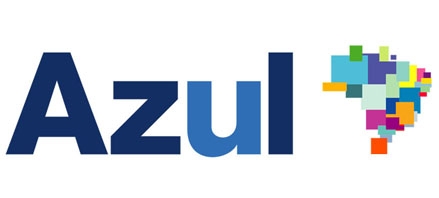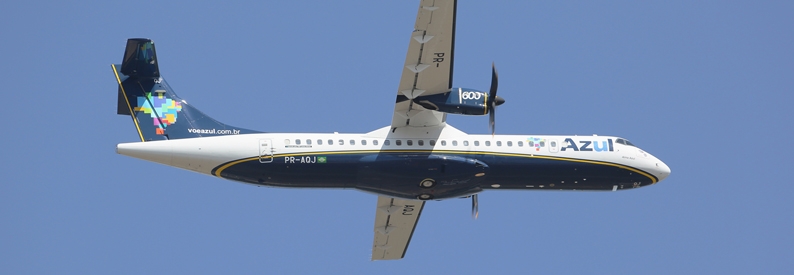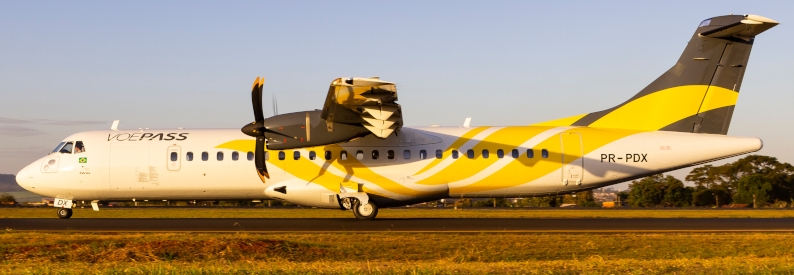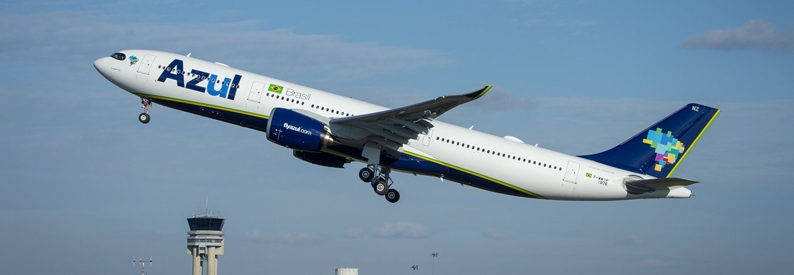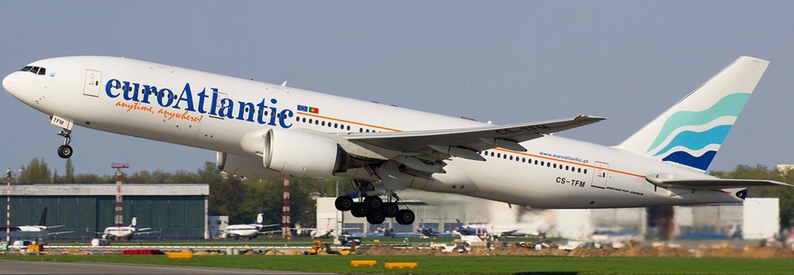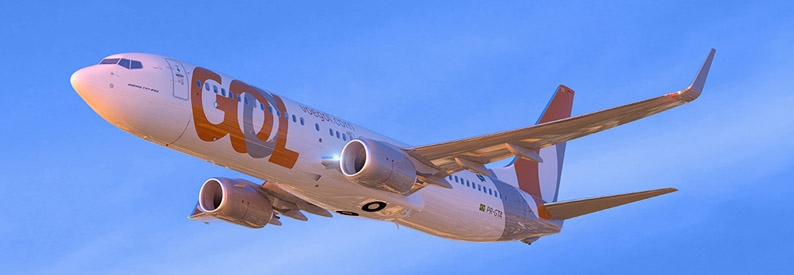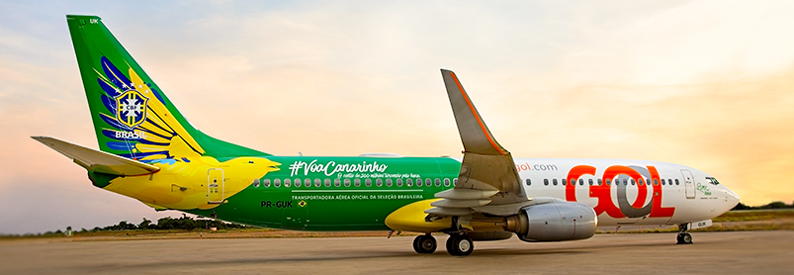Silvio Costa Filho, Brazil’s ports and airports minister, has told Reuters that the planned merger between Azul Linhas Aéreas Brasileiras (AD, São Paulo Viracopos) and GOL Linhas Aéreas Inteligentes (G3, São Paulo Congonhas) would strengthen the sector and prevent either company from failing.
“It is a government priority to preserve the aviation sector and, above all, safeguard jobs and incomes. The possibility of a GOL-Azul merger is positive for strengthening Brazilian aviation,” he said.
Azul and Abra Group, parent company of GOL, signed a non-binding Memorandum of Understanding (MoU) earlier this year to explore the possibility of a potential business combination.
Costa Filho said he did not expect the merger to raise ticket prices in Brazil, despite reported concerns about this. “They made it clear that their goal is profit through volume, not price. As the airlines strengthen, increase capacity, rework their regional networks, and improve management capacity, there is even the possibility of lowering fares,” he stated.
If the terms and conditions between both entities are met and they decide to merge under a single corporate entity - while maintaining separate operations for both carriers - Brazil’s antitrust authority (Conselho Administrativo de Defesa Econômica - CADE) and other regulators would have to validate the deal, as the combined entity would control about 62% of the country’s domestic market by capacity.
LATAM Airlines Brasil’s chief executive, Jerome Cadier, recently told the newspaper O Globo that any deal would require “serious mitigation measures” from CADE. Alexandre Souza, CADE's general superintendent, said in a recent interview with CNN that the authority would examine competitive conditions thoroughly if the merger process continues.
Both Azul and GOL declined to comment on the story to ch-aviation.
